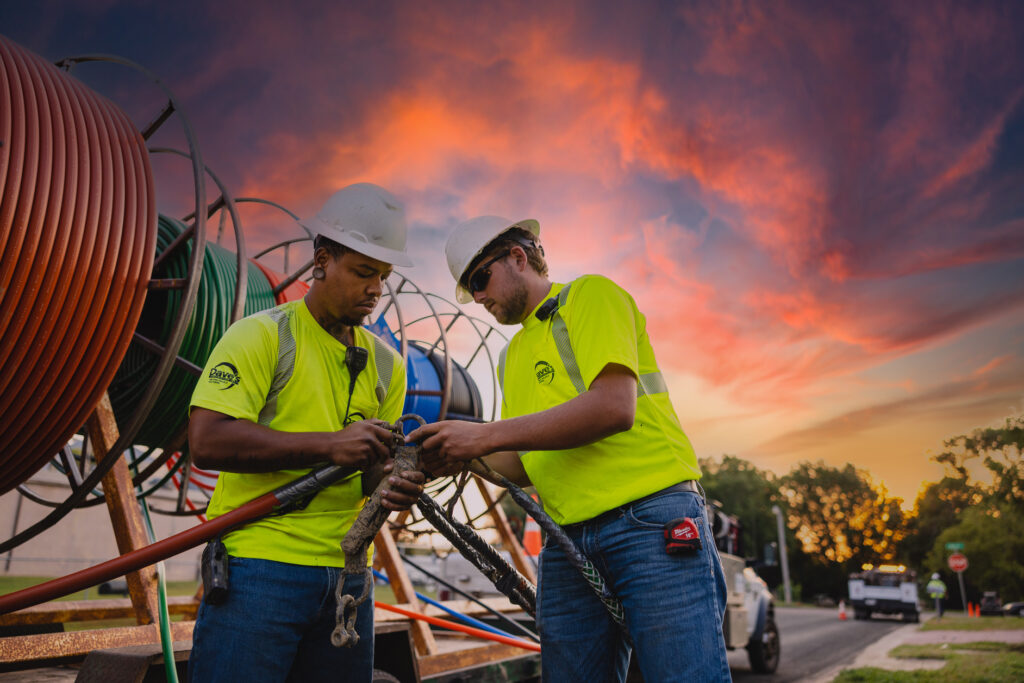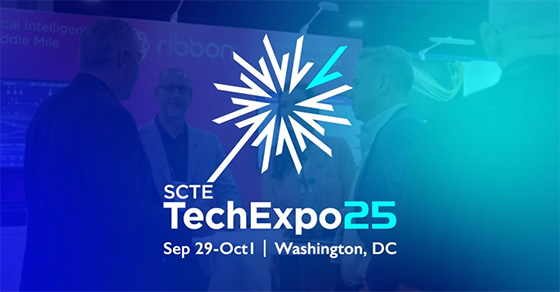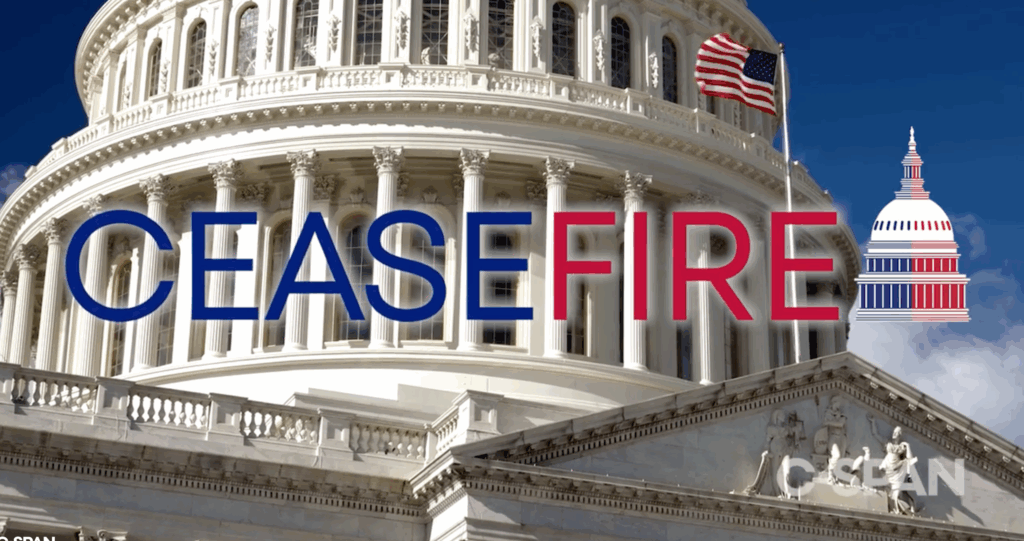Science concluded 2017 with its highest rated year in the 20-year history of the network, according to General Manager Marc Etkind. With shows and documentaries about cutting-edge discoveries and exciting technological developments, the network is obviously doing something right. During a recent interview with NCTA, Etkind shared his network’s content strategy to cater to audiences of all demographics, which, given the current competitive TV climate, is no easy feat.
Could you describe your content and what grabs your viewers the most?
We superserve our audience with great shows about space, the latest discoveries, the latest scientific missions including NASA and SpaceX, and we’re able to do that with shows like Impossible Engineering that involve incredibly sophisticated and technologically complicated engineering projects. We’re able to do it with archaeology and showing people the latest discoveries in Egypt, Rome, Greece, and throughout the world. And, we are able to do it with hands-on, young and fun ‘blow stuff up’ types of shows like MythBusters. When you put that all together, we are the only network out there that’s serving this curious audience that wants to know about the latest discoveries and the exciting future.
Who is your audience?
What’s great about Science is that it spans the age, the income, the education, the gender gap, you name it. You could be 12 years old or 80 and love How It’s Made. Our shows appeal to the curiosity in all of us. We use the word ‘mindblowing’ a lot, that’s our filter. We want to make sure in every show there’s something that makes you go ‘Whoa,’ or ‘I didn’t know that,’ or ‘Wow, they’re doing that?’ That type of mindblowing experience does well across the age and gender gap.
What show of yours stands out the most?
MythBusters is probably one of the most important science shows in the history of television. We have rebooted that show and brought back two new ‘mythbusters,’ John and Brian. That show has a really strong fanbase. We recently had one of the myths go viral with 31 million views. Which just shows the power and universal appeal of that show. [The original MythBusters premiered in 2003 on Discovery Channel, and was rebooted in 2017.]
Mythbusters is a good example of how your shows have evolved amid a digital climate, can you talk more about that?
Science is a multiplatform network. Clearly, we are appealing to our linear audience, but we have a very strong Facebook presence. We are proud of Science Go [the network’s app for streaming shows]. We think of Science as not just a cable network but a brand, and we’re out there catering to audiences however they want to watch it. If you want Science at the gym or while you’re traveling, Science Go is a great experience. We are doing MythBusters for Snapchat. We recognize that it’s a multiplatform experience and a multiplatform audience. People are coming to Science at different times of the day and for different experiences.
Can you share some of the network’s recent developments or accomplishments?
I do want to talk about live [live TV] for a second. Something that Science does really well is being timely and relevant with the latest science news. This summer, we went live during the Great American Eclipse and were the number one channel in all of cable. Clearly there is a big audience for science and they know where to find it on Science channel. But we continue that with other things. We were breaking with NASA’s Cassini mission, we also do a weekly science news piece [with Science’s partner Seeker], we’re live for various launches. We give people a deep experience, and a timely and relevant experience.
Science is coming out with Above and Beyond: NASA’s Journey to Tomorrow later this year. What makes your documentaries unique? What makes it a ‘Science’ documentary?
At Discovery and Science, it’s about airing premier content. To have one of the premier documentary filmmakers, in this case Rory Kennedy, tackle a topic as important as NASA, as important as an agency that’s taking us beyond our planet and to the moon and to the outer edges of the solar system and even looking back at the Earth, that is what Discovery does well, that is what Science does well. It’s a premier documentary experience that I don’t think you can get anywhere else.









